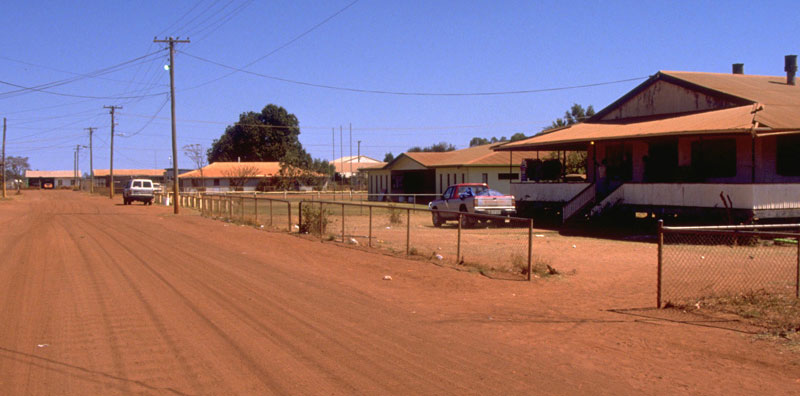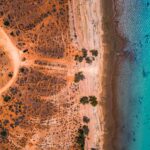Indigenous healthcare must not be further fragmented, says senior GP.
The preventable deaths of four Indigenous women in Doomadgee should be a clear sign not to proceed with stopgap approaches to Aboriginal health, Bundaberg GP and RACGP presidential candidate Associate Professor Brad Murphy says.
Aboriginal and Torres Strait Islander readers are advised that this article refers to people who have died.
Last week, an ABC Four Corners investigation revealed that inappropriate care from Doomadgee Hospital contributed to the deaths of three girls and one woman from rheumatic heart disease.
The report specifically focused on the death of 18-year-old Yvette Booth, who was diagnosed with the condition and told she needed urgent surgery two months before her death in 2019.
Miss Booth presented to Doomadgee Hospital’s emergency department 12 times in the two months leading up to her death, and on more than one occasion was given Panadol through a security grate.
Doomadgee, which is classified as MM7 on the Modified Monash Model scale, is a largely Indigenous community in Queensland’s far northwest.
It would fall into the area covered by the proposed Queensland pharmacy pilot, which – according to leaked documents – stretches from Mackay in the east to the state’s western border and up to the Torres Strait.
One argument for that trial is that it would give more healthcare access to underserved populations in remote areas, such as Aboriginal and Torres Strait Islander communities.
While originally involved in the trial, Aboriginal Community Controlled Health Organisations have quit the pilot’s steering committee, citing concern over fragmented care and missed opportunities for comprehensive team-based treatment.
Professor Murphy, a Kamilaroi man, told The Medical Republic that the reporting on rheumatic heart disease deaths hit particularly close to home, given that he had spent time training and working in Doomadgee.
“As an Aboriginal man, and as an Aboriginal doctor, I think that somewhere along the line we have to call [out] the system on this,” he said.
Rheumatic fever can almost be viewed as emblematic of the complexities of Aboriginal and Torres Strait Islander health, and an argument against fragmented care.
While the antibody treatment for rheumatic fever is relatively simple, Professor Murphy said, the people in Doomadgee need more than just medication to solve what is essentially a public health issue.
“You need echocardiograms, you need appropriate follow-up, you need a holistic care process,” Professor Murphy said.
“You need someone who’s going to support [people with rheumatic fever] in the home and make sure that all those activities of daily living are supported – that they’ve got hand washing and showering.
“It’s not just about giving them an antibiotic.”
Although rheumatic fever is not one of the conditions which Queensland Health are proposing be treated in the pharmacist prescribing trial, Professor Murphy pointed out that many of the conditions which disproportionately affect Indigenous people need this contextual approach.
Type 2 diabetes, for instance, is one of the 23 conditions which pharmacists would be able to diagnose and prescribe for under the trial.
“[Rheumatic heart disease] is just one issue, and if you go into that community there’s going to be lots of health issues affecting the people there,” Professor Murphy said.
“There will be dental issues and diabetes and renal failure – all these sorts of things come into play.”
The people of Doomadgee, he said, deserve appropriately resourced care, not stopgap measures.
“The minister [Queensland Health Minister Yvette D’Ath] can’t have it both ways,” Professor Murphy said.
“You can’t condone the trial for pharmacy prescribing being conducted in these vulnerable communities, and then say ‘this is not acceptable and we’ve got to do an investigation’ [when there is a failure].”





